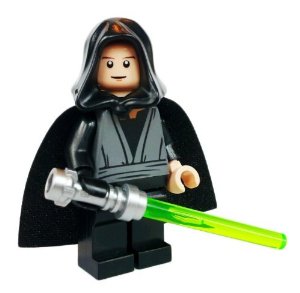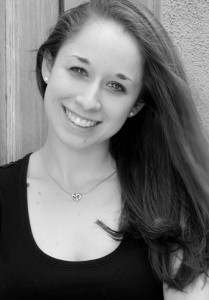Dr. Joseph Barber
Wouldn’t it be nice if there was a funding version of LinkedIn, where you could provide details of what you wanted to be funded (e.g., you, your travel, your research), and then connect directly in a personal, one-one-one kind of way with relevant groups, organizations, or even individuals who had money they wanted to provide. Let’s call this wonder-website that doesn’t yet exist “FundIn”. Using this made-up FundIn website, and once you had created your personal and professional narrative on the site, you might even be approached by people who stumbled upon your profile, who see the great potential in your work, and who reach out to you to see if you would like to be funded. FundIn would be a melting pot of grant and fellowship seekers, professional associations, non-profits, foundations, private institutions, businesses, crowd-sourcing ventures, and philanthropists.
Talking of funding, surely venture capitalists would want to provide funding to this FundIn site because it would offer something that doesn’t currently exist, a one-stop shop for people seeking funding, and for entities trying to fund the best and most worthy individuals and groups. It would save everyone significant amounts of time. Since we all know that time = money, then FundIn would be an enterprise that is itself worth funding. Join me for a second in picturing this rosy future where FundIn is up and running, where researchers, scholars, and non-profits are easily finding the funding opportunities they seek, where there are thriving networks of people seeking funding connecting with those who have successfully received funding so that they can learn from any best practices, and where I have an enormous house somewhere in the vineyards of California funded by creating and bringing into existence FundIn…
OK…, well that’s enough daydreaming. Let’s get back to the real world and figure out what you can do in this reality to navigate the rather more complicated and time-consuming process of seeking funding – a process that unfortunately doesn’t result in me having a large house in California…
A good starting point for your funding search are the funding pages on the Career Services website. You can link to the main funding page directly here. There is lots to see and do on this page, and we encourage you to explore these resources in more detail. You will find a couple of databases of funding sources – these are a good starting point for your exploration. Since the world of funding is a changeable one (money comes and goes, deadlines change, and so on), make sure you confirm any details you find in these databases by double-checking the details on the website of the founding source itself. We wouldn’t want you to miss any deadlines! Additionally, you will want to check out the online subscription we have to The Grant Advisor by visiting the online subscriptions page of the Career Services website. And don’t forget we also have some real, touchable, reference books in our Career Services library relevant to funding opportunities for you to look at. Stop by one day and browse some of these resources – while you are at Career Services you can drop in for walk-ins or make future appointments to speak with an advisor about seeking funding (or any other career-related topic) – and that’s not a bad way to make good use of your limited time!
Career Services works in partnership with the Graduate Student Center on many different types of programs – including one on “Navigating the Grant”. You can find previous funding presentations given at the GSC-organized Navigating the Grant conference here.
It is helpful to know what the different sources of funding are
• University (Department, School, student associations; student government)
• Professional associations
• Private foundations/individuals
• Advocacy organizations
…and what is typically funded:
• Types of research: humanities, social sciences, interdisciplinary research…
• Types of people: minorities, women, researchers from certain countries or backgrounds…
• Types of activity: travel, dissertation completion, fieldwork…
…because you don’t want to leave any stone unturned when it comes to finding the right source of funding for you. Look to your networks to find out what funding sources your peers and other Penn alumni have found. Connect with people who have already been awarded the fellowships and grants you are seeking, because they can offer you great insights into the process, and can talk about how they made a convincing argument to be funded. And above all…, always take the time to talk with grant coordinators and administrators. They are knowledgeable about every aspect of the process, and can tell you what types of proposals usually get funded, and even offer advice about how you might put forward the most compelling submission.
Remember…, the reason FundIn will be such a successful social networking platform (when someone decides to develop it) is that it connects individuals like you not only with information about funding opportunities, but also with the people connected to the funding sources (administrators, previous awardees, grant coordinators). It is the combination of knowledge about the different sources of funding that you can research, and the specific advice you can get from actual people (who can answer your specific questions) that will increase your chances of securing additional funding.




